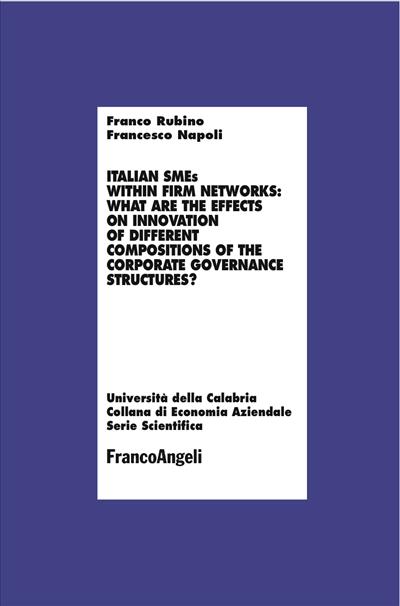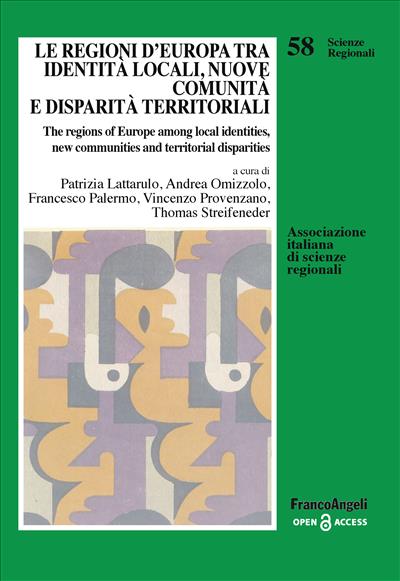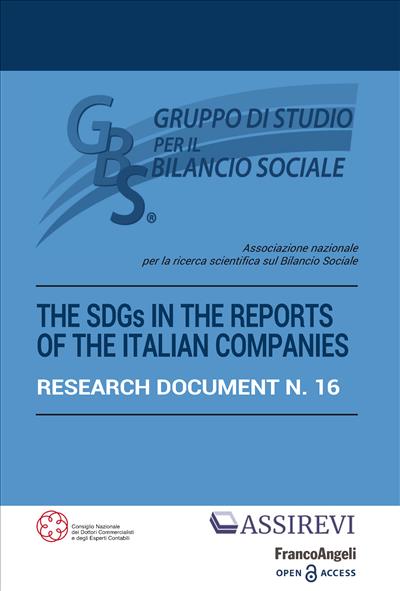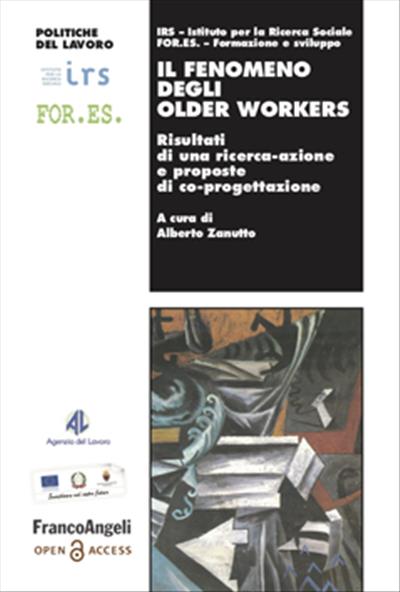
Franco Rubino, Francesco Napoli
Italian smes within firm networks: what are the effects on innovation of different compositions of the corporate governance structures?
This paper analyses how the board composition of a small or medium-sized firm (SME) within an inter-firm network can improve that firm’s capacity to create net value for itself and the network to which it belongs.
Open Access
0,00
Open Access
0,00
Pagine: 52
ISBN: 9788891767929
Edizione:1a edizione 2018
Codice editore: 10365.10
Informazioni sugli open access




